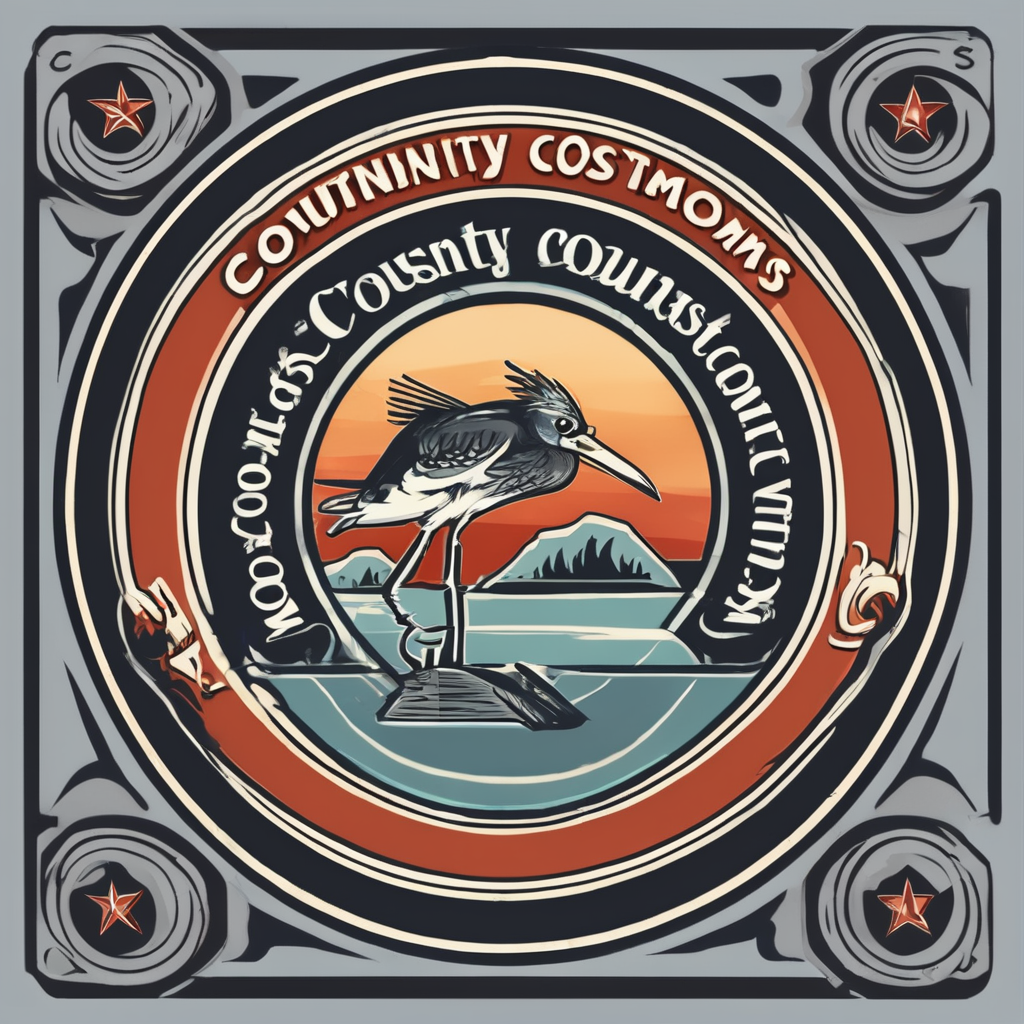Key Drivers of the UK Tourism Boom
The UK tourism growth has seen a notable upswing backed by several intersecting factors. Recent UK tourism industry statistics reveal a significant rise in both domestic and international visitor numbers, driven primarily by renewed confidence in travel post-pandemic and favorable exchange rates attracting foreign tourists.
One major cause of this tourism boom is the expanding appeal of the UK’s diverse attractions—ranging from vibrant cities to picturesque countryside. Additionally, government initiatives aimed at promoting tourism, such as increased investment in infrastructure and marketing campaigns, have played a crucial role. The surge in cultural events and festivals also contributes to sustained visitor interest.
Also to discover : How Can Tourists Enhance Their Visit to the UK Through Unique Experiences?
Experts from official bodies highlight the importance of improved transport links and hospitality quality, which enhance the overall visitor experience. Furthermore, flexible travel options and digital platforms facilitating easy trip planning encourage higher bookings, amplifying the sector’s growth.
In sum, the causes of the tourism boom are multifaceted, including robust visitor demand, targeted support from industry stakeholders, and strategic improvements in services. Understanding these drivers not only clarifies current trends but also helps in anticipating where future growth might be directed within the UK tourism industry.
Have you seen this : How Can Emerging Destinations in the UK Attract More Tourists?
Financial Impacts on Local Businesses
The economic impact of tourism in the UK extends significantly to local businesses, boosting revenue and fostering growth. Recent data show that the UK tourism growth directly translates into higher local business revenue across sectors like accommodation, food services, and retail. Small businesses benefit most, witnessing increased sales and profits as visitor numbers rise.
This surge in demand often encourages businesses to expand or invest in their services. For example, local cafes and shops capitalize on the steady influx of tourists by introducing new products or extending operating hours. Hotels and guesthouses experience higher occupancy rates, contributing to improved profitability and job creation.
Experts agree the UK tourism benefits ripple through communities, strengthening economic stability. According to industry insights, these financial gains support reinvestment into infrastructure and employee development, further enhancing the visitor experience. Additionally, the growth in business activity stimulates local supply chains, boosting the broader economy.
Understanding the economic impact of tourism helps policymakers and business owners align strategies to sustain this positive momentum. By recognizing the symbiotic relationship between the tourism sector and local enterprise profits, stakeholders can better tailor support measures ensuring continued success.
Real-Life Examples and Case Studies
Real-world examples vividly illustrate the UK local business case studies reflecting the positive tourism impact examples across various regions. For instance, independent shops in historic towns report sharp increases in foot traffic, directly linked to the ongoing UK tourism growth. One small retailer in York noted a 30% rise in sales during festival seasons, highlighting tourism’s direct boost to local economies.
Restaurants in coastal areas have similarly experienced surges in bookings, attributing this to improved marketing and stronger visitor numbers shown in recent UK tourism industry statistics. A restaurant owner in Cornwall shared how tourism enabled them to hire additional staff, improving service quality and supporting local employment.
Hotels in cities like Edinburgh have reported sustained higher occupancy rates, a clear effect of the diverse attractions and government promotion campaigns contributing to the causes of tourism boom. These success stories demonstrate how the industry benefits spread beyond major cities, positively impacting rural and suburban businesses.
Such case studies reflect the multifaceted ways tourism propels growth, from increased revenues to job creation. Through these insights, stakeholders can pinpoint effective strategies to further capitalise on the UK tourism benefits, encouraging replication in other regions aspiring to thrive in the flourishing market.
Employment and Workforce Opportunities
The tourism job creation in the UK has significantly contributed to the country’s employment landscape. Rising UK tourism growth directly correlates with an increase in workforce demand across various sectors such as hospitality, retail, and transport. According to recent data, this employment impact includes both seasonal roles catering to peak tourist periods and an expanding number of permanent positions, reflecting the sustaining nature of the tourism industry.
Seasonal employment often supports youth and entry-level workers, providing opportunities to gain vital skills in customer service, management, and operations. Meanwhile, permanent jobs benefit from the growing stability of tourism-related businesses. Industry experts highlight that this blend of employment types strengthens workforce development by creating career pathways and encouraging upskilling.
Moreover, initiatives focused on youth employment in tourism have proven effective, promoting long-term engagement in the sector. Areas with pronounced UK tourism growth report not only higher employment numbers but also improved worker retention rates, suggesting solid career prospects.
In sum, the employment impact of tourism extends beyond job quantity. It fosters skill enhancement and workforce resilience, essential for sustaining economic benefits and supporting the evolving demands of the UK’s vibrant tourism market.
Community and Social Benefits
The social impact of tourism plays a pivotal role in enhancing community development across the UK. Increased visitor numbers fuel investments in public facilities such as parks, transport, and cultural centres, improving quality of life not only for tourists but for residents too. These enhancements often become lasting legacies that communities proudly share.
Tourism also sustains local culture by supporting heritage sites and traditions. Events and festivals receive greater funding and attendance, preserving customs that might otherwise fade. Through tourism-driven revenue, many communities have revived local crafts, music, and storytelling, enriching the visitor experience and deepening cultural appreciation.
Experts note that tourism encourages civic pride and community cohesion, as local people engage actively in welcoming visitors and showcasing unique identities. When tourism growth aligns with community values, it strengthens social bonds and fosters a sense of shared prosperity.
In summary, the social impact of tourism extends beyond economics. It amplifies community spirit and sustains cultural heritage, underpinning vibrant, resilient destinations. Recognizing these benefits enables stakeholders to promote tourism that fosters positive community development alongside economic success.
Challenges and Sustainable Growth Strategies
Balancing the tourism sustainability UK involves managing rapid growth while preserving community well-being. The managing tourism growth challenge arises from issues like overcrowding, pressure on infrastructure, and environmental impacts. Successful strategies require coordinated efforts from policymakers, local businesses, and residents to ensure tourism remains a positive force.
Initiatives promoting responsible travel include encouraging off-peak visits and diversifying attractions to reduce congestion in popular locations. Sustainable practices also focus on minimizing carbon footprints, supporting eco-friendly accommodations, and preserving natural and cultural heritage. Such measures help protect destinations for future generations while maintaining visitor satisfaction.
Local business resilience is crucial in adapting to changing conditions. Support measures often involve training for sustainable operations, financial assistance, and innovation incentives. By fostering resilience, businesses can weather fluctuations in tourist numbers and shifting consumer preferences.
Experts emphasize the importance of collaborative governance that integrates economic, social, and environmental goals. This holistic approach not only maintains the tourism sustainability UK but also enhances community support, ensuring the sector’s longevity. Effective managing tourism growth is thus central to sustaining the UK’s thriving tourism industry responsibly.




